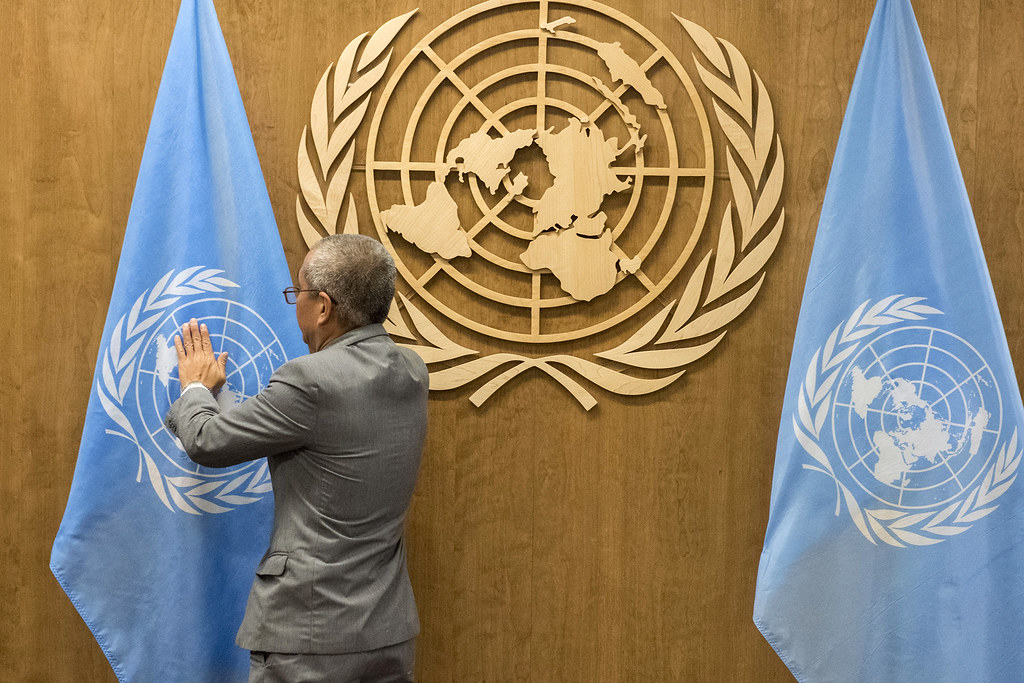United Nations torture watchdog cancels visit to Australia following state roadblocks

Image: Photo: Flickr.
By SHARLOTTE THOU
The United Nations Subcommittee on the Prevention of Torture (SPT) has cancelled its visit to Australia after NSW, Victoria and Queensland have failed to implement mechanisms of oversight over torture and abuse in prisons.
Under Malcolm Turnbull’s leadership, Australia ratified the Optional Protocol to the Convention Against Torture (OPCAT), which required every state and territory to have a ‘National Protective Mechanism’ to ensure oversight over police and prison cells to protect against torture, mistreatment, abuse and systemic failings.
The visit’s cancellation comes after the SPT’s visit was suspended last year after the committee’s team of independent experts was denied access to detention centres in NSW and mental health wards in Queensland. The United Nations anti-torture watchdog expressed “serious concern” at Australia’s failure to establish independent monitoring mechanisms across all jurisdictions.
A Four Corners episode released in November last year showed incarcerated children being subject to forcible restraining, solitary confinement and prolonged lockdowns – which Attorney General Mark Dreyfus described to The Guardian as “deeply disturbing, though frustratingly all too familiar”.
Australia marks second ever visit to be cancelled
Since its establishment in 2008, the UN SPT has only terminated one other visit (from more than 80 visits to over 60 countries) to Rwanda.
The Human Rights Law Centre said that Australia is now “in danger of being included on a UN list of countries whose lack of OPCAT compliance is concerning”.
There are 14 countries currently on this list, including Burundi, the Democratic Republic of the Congo and South Sudan.
“Despite the good cooperation the Subcommittee has with the Australian Federal Authorities following our initial mission, there is no alternative but to terminate the visit as the issue of unrestricted access to all places of deprivation of liberty in two states has not yet been resolved,” said Suzanne Jabbour, the newly re-elected Chairperson of the Subcommittee on Prevention of Torture.
Caitlin Reiger, CEO at the Human Rights Law Centre said Australia is “in the midst of a mass imprisonment crisis where human rights abuses are allowed to thrive behind bars”.
“The Albanese government must show national leadership on ending torture and deaths in custody, and urgently commit to properly and jointly funding independent oversight of places of detention. We must shine a light on human rights abuses wherever they occur and end the use of cruel and degrading practices – like routine strip searching and solitary confinement – once and for all,” she said.
Amala Ramarathinam, Acting Managing Lawyer at the Human Rights Centre said the terminated visit was a “stain on Australia’s human rights record.”
“Australia’s youth legal system is in crisis and we have again recently heard harrowing accounts of the brutal treatment and systemic abuse of children in youth prisons in NSW, NT, WA and Tasmania. Governments have known for decades that robust and independent oversight of all places of detention is sorely needed. Their continued failure to implement anti-torture mechanisms is a callous and dangerous disregard of the rights and lives of people behind bars.”
She called on the government to come to a funding agreement, saying “there is no excuse for a delay on these grounds when spending on prisons is at an all-time high”.
We must shine a light on human rights abuses wherever they occur and end the use of cruel and degrading practices – like routine strip searching and solitary confinement – once and for all.”
May 10, 2024 |
City Hub Contributor
May 10, 2024 |
Staff Writer
May 9, 2024 |
Staff Writer
May 9, 2024 |
Grace Johnson
May 9, 2024 |
Grace Johnson
May 9, 2024 |
Staff Writer


